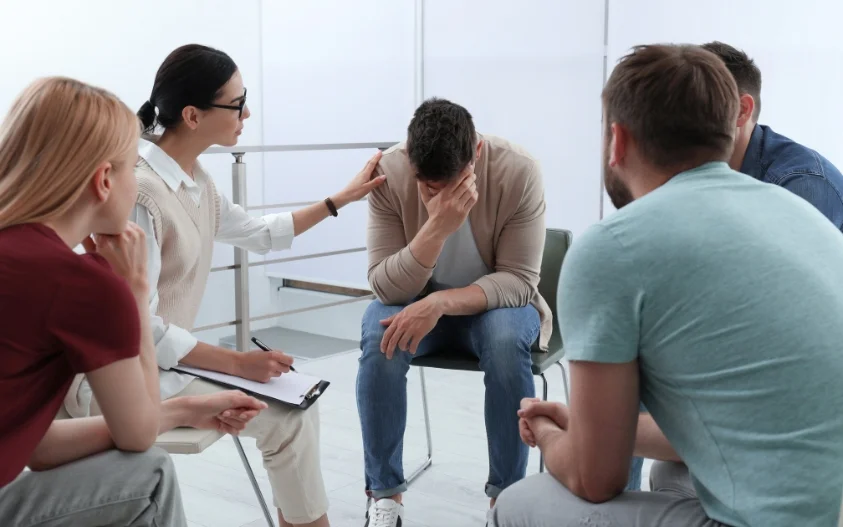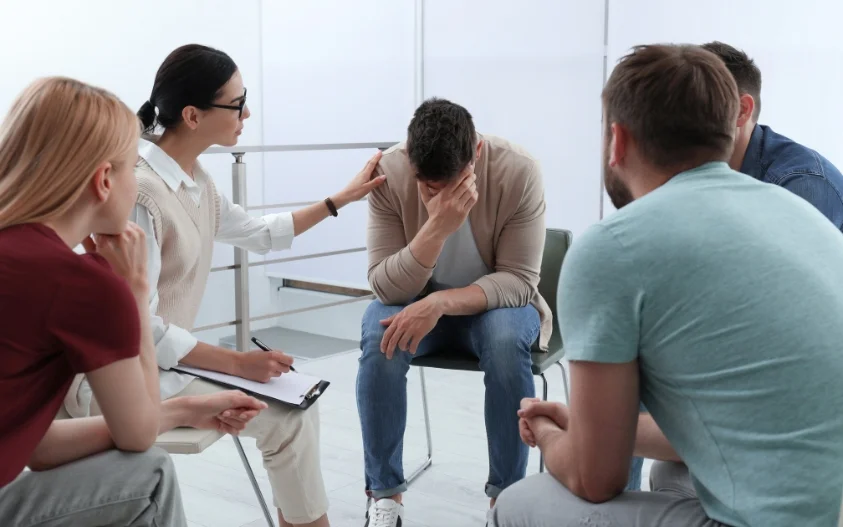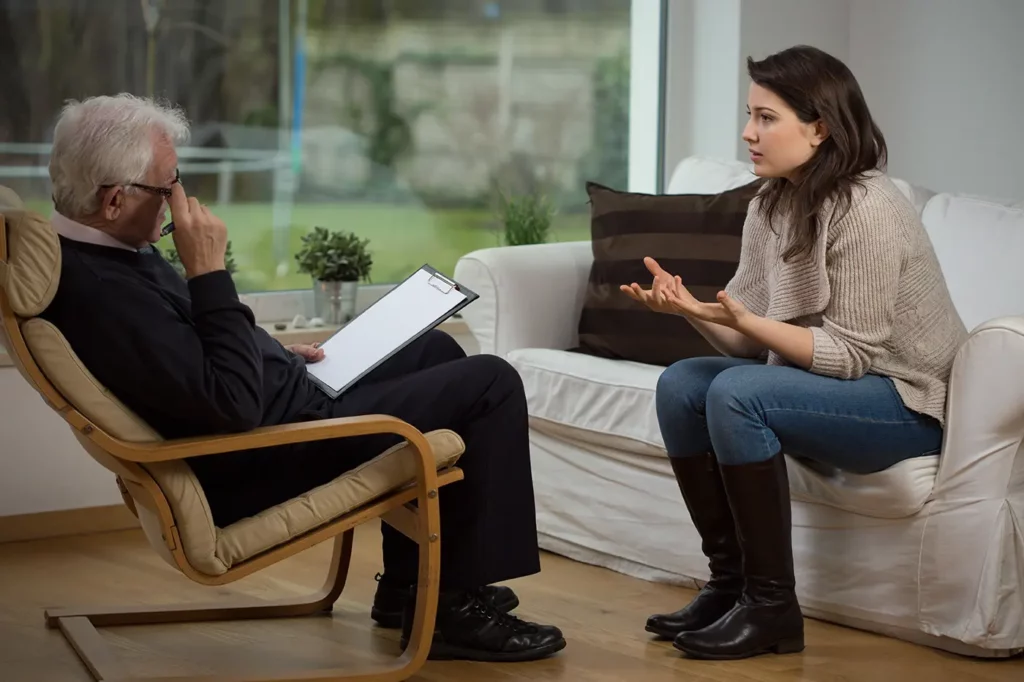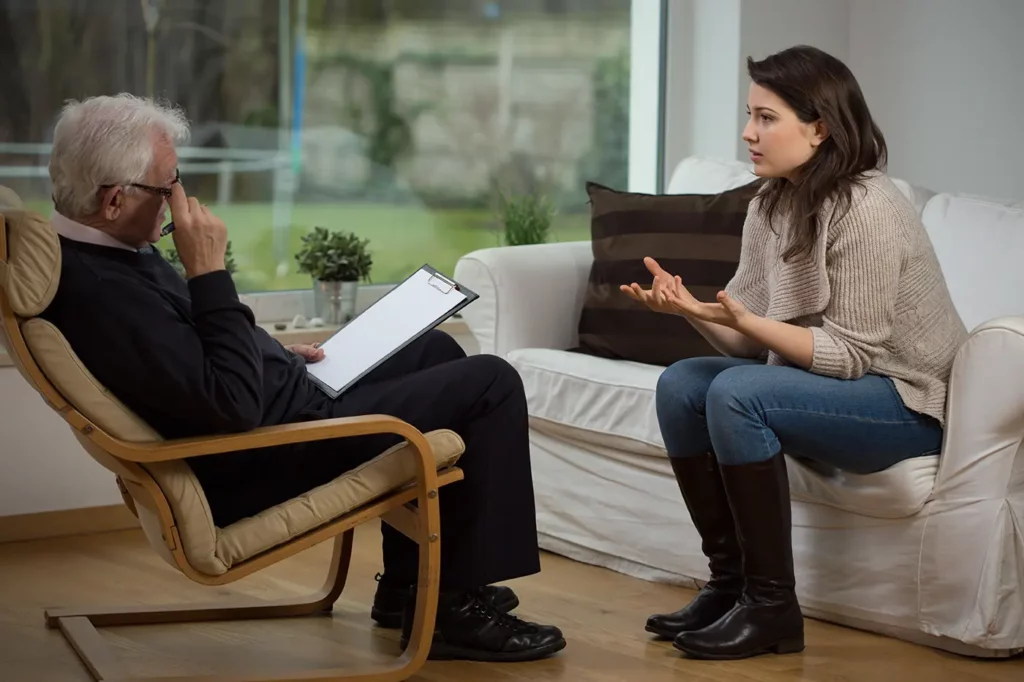24/7 Helpline:
(866) 899-221924/7 Helpline:
(866) 899-2219
Learn more about Opioid Rehab centers in Person County

Other Insurance Options

Covered California

GEHA

BlueCross

PHCS Network

MVP Healthcare

Multiplan

Carleon

Horizon Healthcare Service

Magellan

Humana

Meritain

Evernorth

American Behavioral

Holman Group

United Health Care

EmblemHealth

AllWell

Access to Recovery (ATR) Voucher

BHS | Behavioral Health Systems

Medical Mutual of Ohio

Freedom House Recovery Center
Freedom House Recovery Center - South Madison Boulevard offers outpatient treatment for individuals ...








































Life Changes
Life Changes offers a variety of programs including EAP Services, DWI Assessments & Treatment, and S...




















